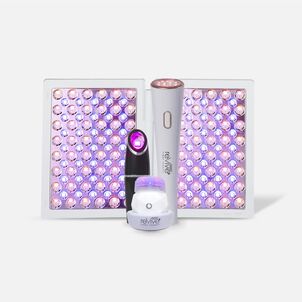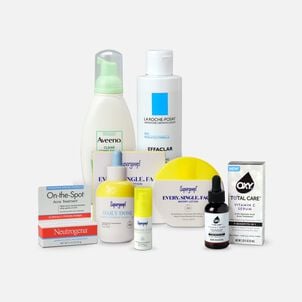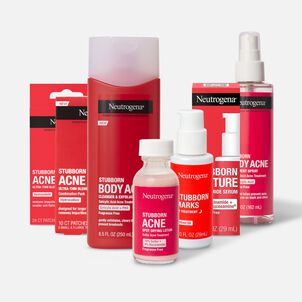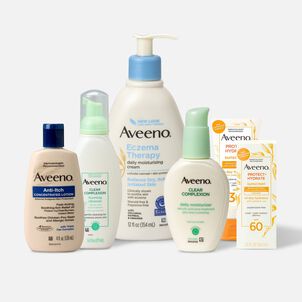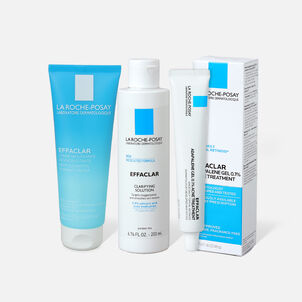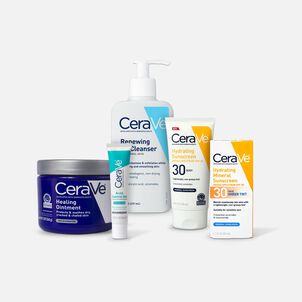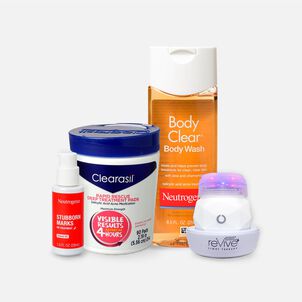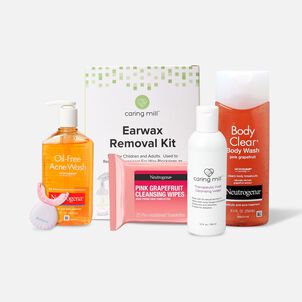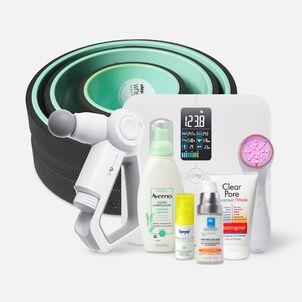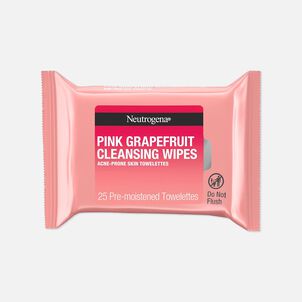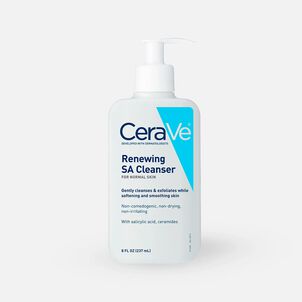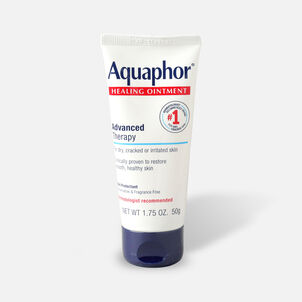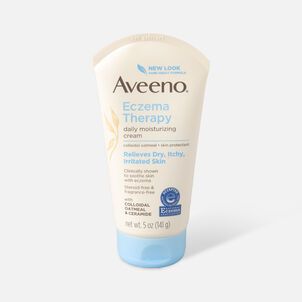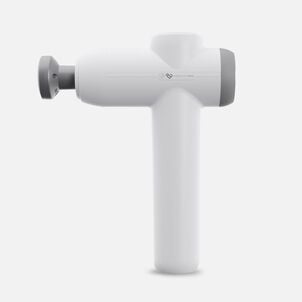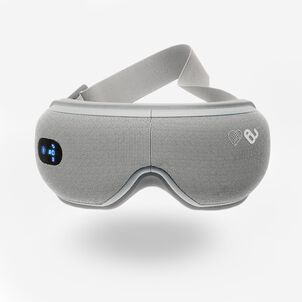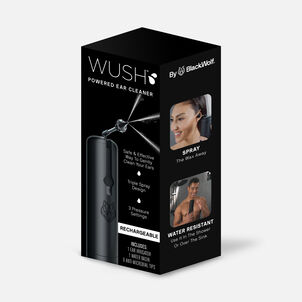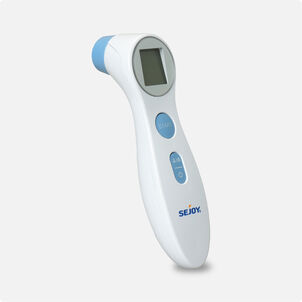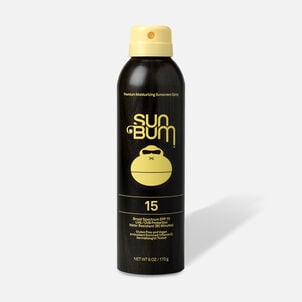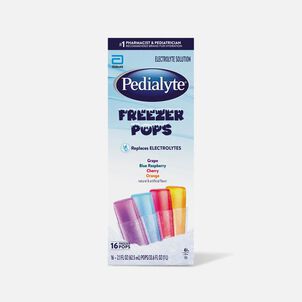One of the many benefits of an FSA is that it covers everyday health care costs, which can range from regular medical checkups to blood pressure monitors. But, you may be wondering if any dermatological treatments are eligible expenses with your FSA. Let's take a look at some types of FSA eligible skin care treatments.
Which dermatology treatments are covered?
It's always important to remember that your FSA covers healthcare treatments that are defined by the IRS as medical care, which refers to health care services that can diagnose, mitigate, prevent, cure, and/or treat an injury, illness, disease, or symptoms of a disease.
Skin care treatments that are designed to alleviate a medical condition are covered with your FSA, including:
- Dermatologist visits – Standard visits to a dermatologist to treat medical skin conditions are an eligible expense.
- Acne treatments – A condition resulting from oily skin and dead skin cells that causes pimples and bumps to grow on your face, ruining proms and selfies.
- Eczema treatments – An inflammation of the skin that causes you to itch.*
- Psoriasis treatments – A condition that causes skin cells to form scales that are dry and itchy.*
- Rosacea treatments – A condition that causes red bumps on your face, similar to a deep rash.*
Prescription medication and other treatments for these conditions are generally FSA eligible.
We've barely scratched the surface on the skin care products available to you. Want a quick snapshot of which dermatology services and skin care products are FSA eligible? Explore our Eligibility List.
Skin treatments that aren't covered with your FSA
Any skin care treatment that's primarily for cosmetic or general health purposes isn't covered by your FSA. These types of treatments are not considered medical care and therefore not eligible for reimbursement with an FSA.
Examples of cosmetic skin treatments include laser hair removal, facelifts, acid peels, chemical peels, laser resurfacing, and microdermabrasion. While these treatments may provide benefits for your skin, they aren't used primarily to diagnose, treat, mitigate, cure, or prevent a medical condition.
In some cases, expenses like Botox injections — yes the same Botox that made red carpet interviews so fun these past few decades — can be an eligible expense if recommended by your doctor to treat a medical condition such as excessive sweating, overactive bladder, or chronic migraines. This will require a Letter of Medical Necessity (LMN), so be sure to check with your FSA administrator. Examples of general health skin care products that are generally not eligible include lotions, moisturizers, and bath products.
Skin care isn't something you may not think about very often (even though you should), but with your FSA, you can schedule regular visits to a dermatologist to make sure that you're screened for something as potentially serious as skin cancer. So continue using sunscreen and other FSA eligible skin care products (hello, light therapy!) to keep your skin healthy and to help maintain your overall health.
-
Thank you for visiting the FSA Store Learning Center! Don’t forget to follow us for more helpful tips on Facebook, Instagram, and Twitter!

